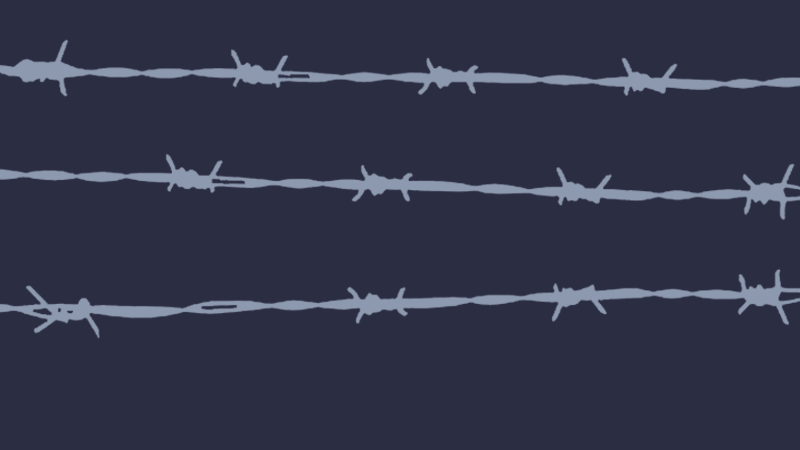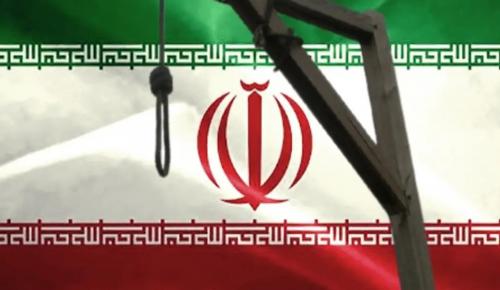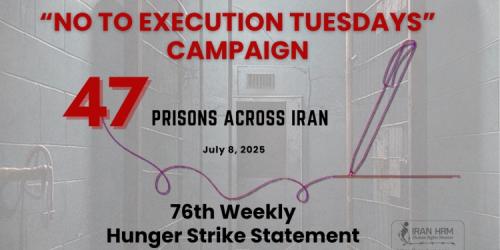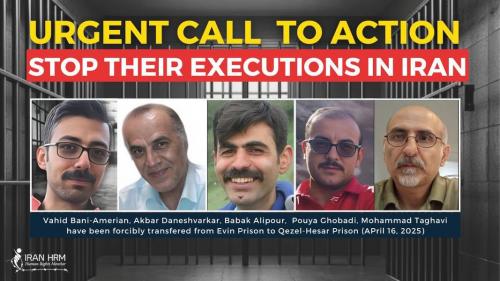20 July 2004 :
Foreigners condemned to death in Saudi Arabia typically were unaware of their sentences and had no advance notice of their date of execution, according to former prisoners in the Arab kingdom. The disclosure was made in the section on `Criminal justice system and Executions' in the report, titled, `Bad dreams: Exploitation and abuse of migrant workers in Saudi Arabia' brought out by the New York-based Human Rights Watch (HRW)."The executed do not know what is about to happen to them until the very last moment," the report quoted an Indian, held in Buraiman jail in Jeddah in 2000, as saying. "A large number of police come into the cell and ask for the person by name. Sometimes people are forcibly dragged out... I watched four Filipinos taken away like this," he added.
Based on letters that some executed Indian nationals sent to their families from prison, which HRW reviewed during visits with their families, it appeared obvious that these men did not know that they had been sentenced to death. In most cases, the condemned men did not even know that their trials had been concluded.
Family members explained how they typically received the first news of the executions unofficially, through phone calls from relatives or friends working in Saudi Arabia, or from anonymous letters that prisoners or other persons mailed to them. It was not until months later - and sometimes much longer ? that Indian authorities notified the families about the executions. "No advance information is given to us before beheading of Indians," an Indian diplomat said in a television interview in 2003. "We generally get the information after the execution from local newspapers."
An undetermined number of foreigners had been sentenced to death in the kingdom and were awaiting execution. Details of their trials, and the evidence presented to convict them, were being treated as State secrets. Migrants' accounts of their trials before Shari'a courts provided evidence of a legal system that was out of sync with internationally accepted norms of due process, the report said.
None of the respondents interviewed by HRW had access to legal assistance before their trials, and no legal representation when they appeared in court.











